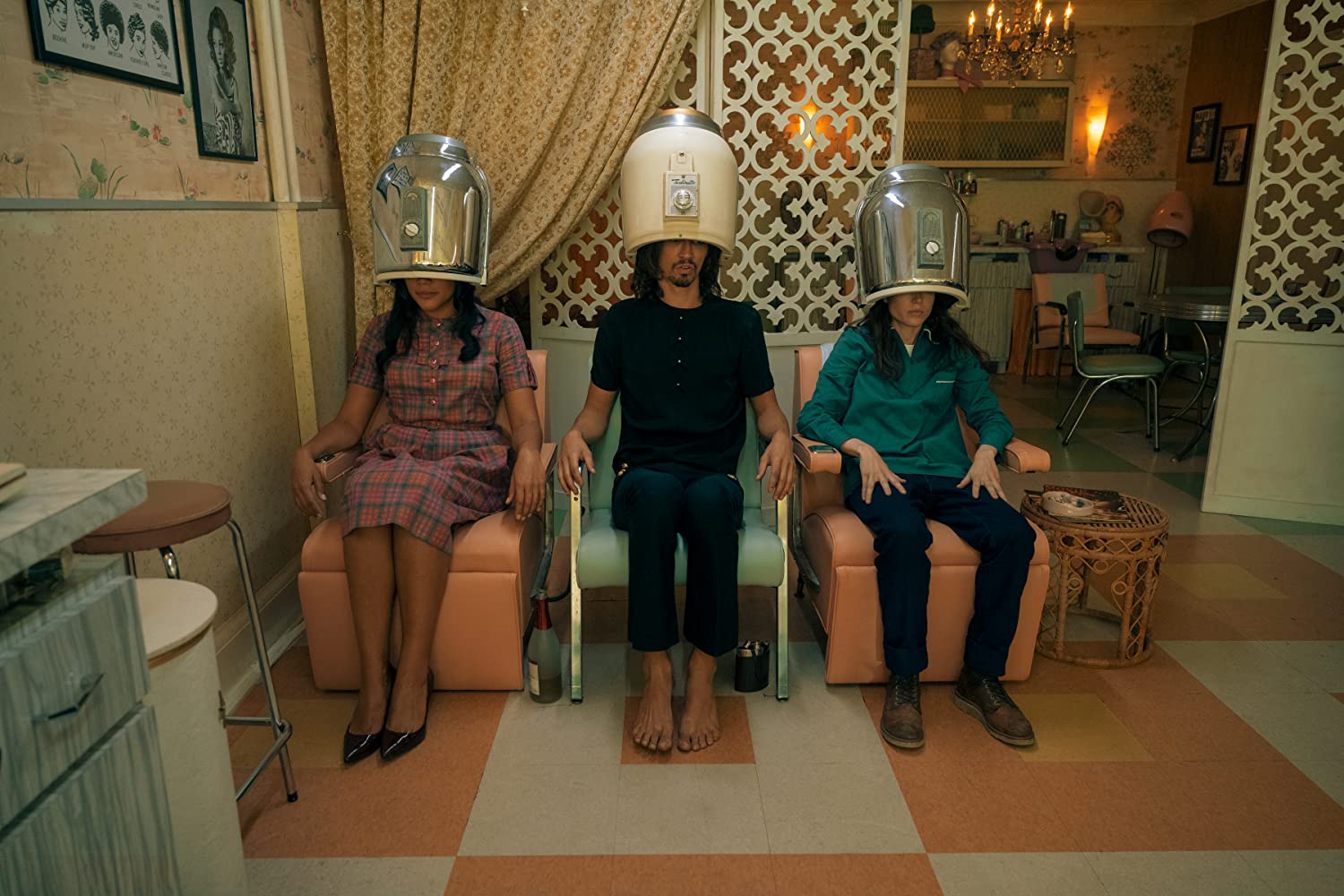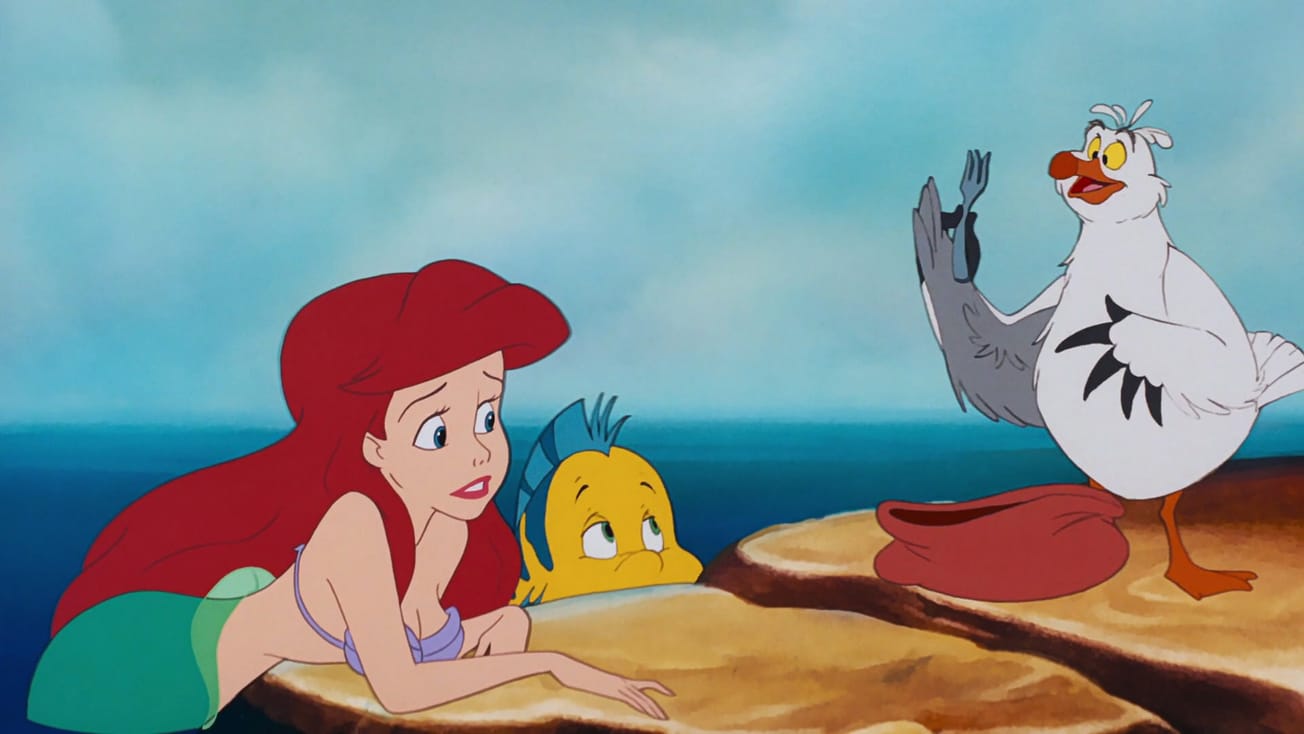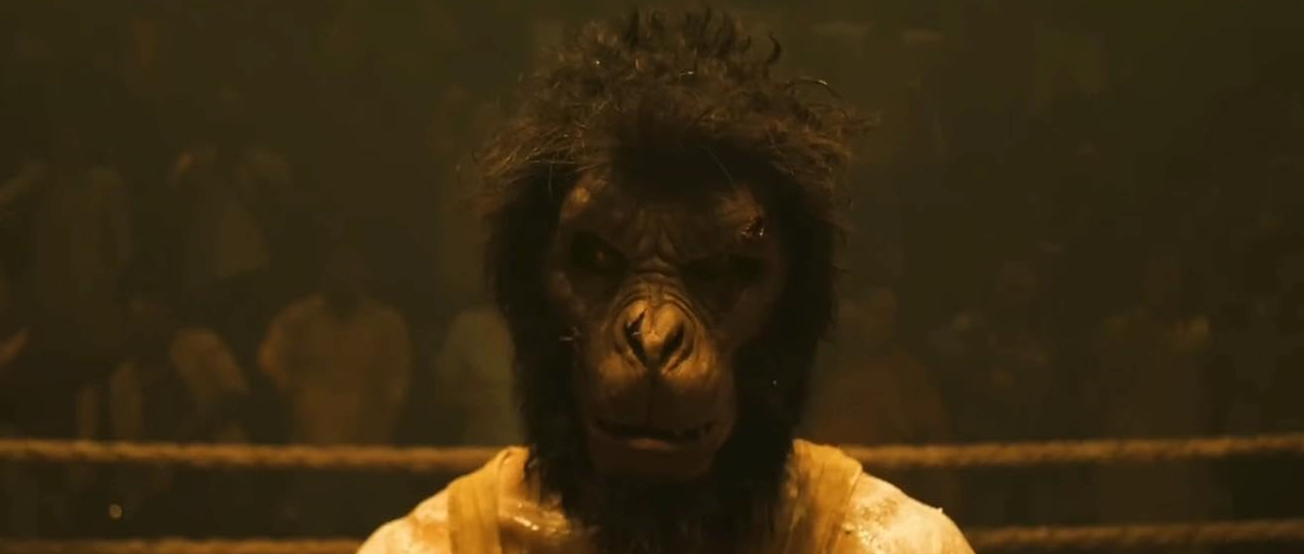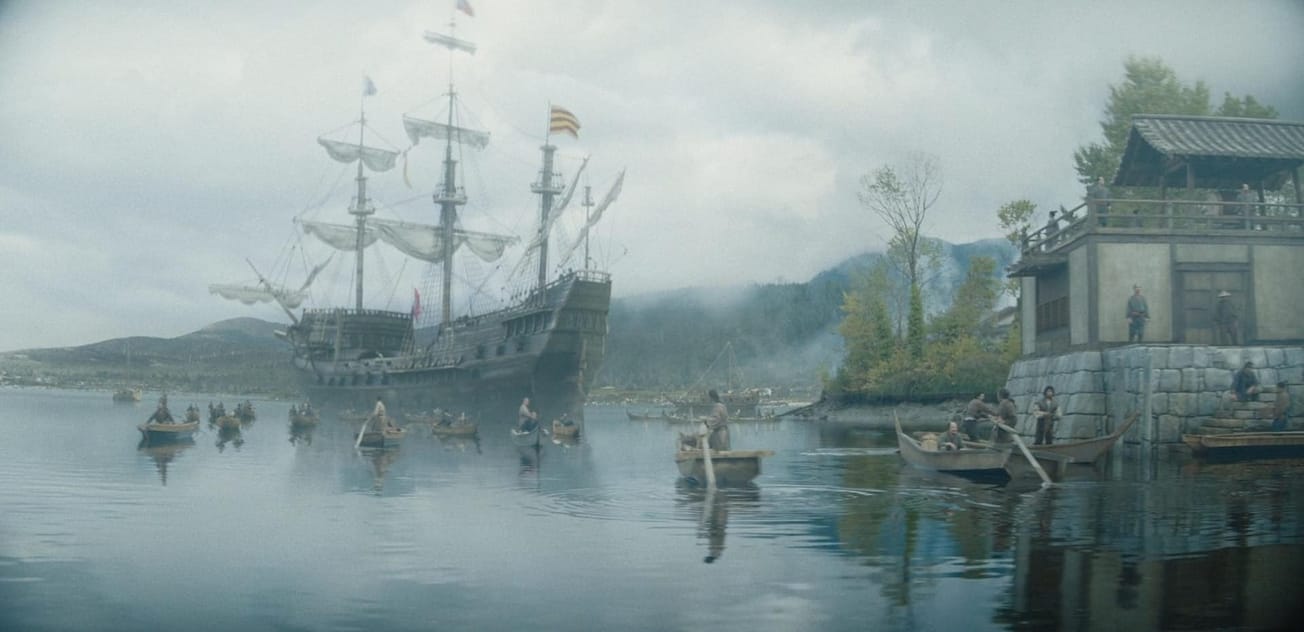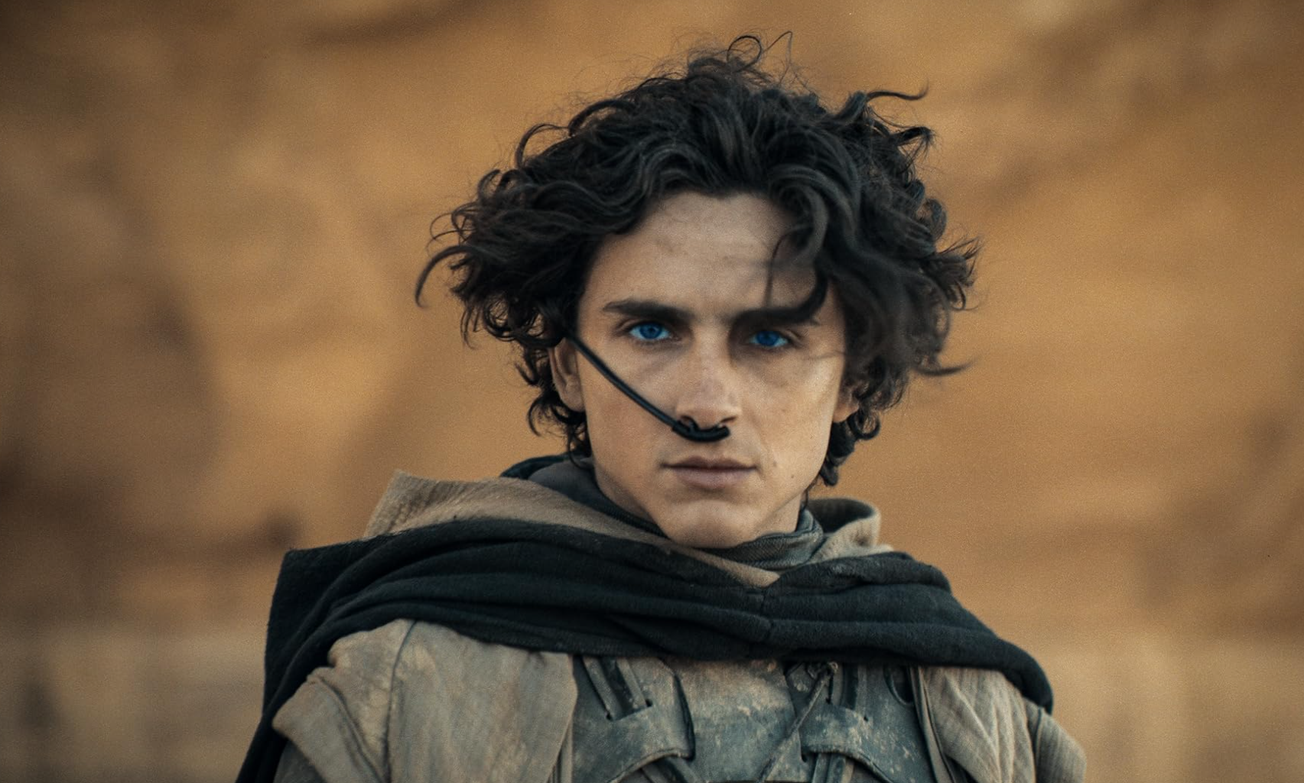By Francesca Joyce, First Year, English Literature
The riveting second chapter of The Umbrella Academy (2019-) never once stops for breath until all ten episodes have run their course. A new season, a ‘new apocalypse’; we’ve been here before, only this time we're in 1963 and the Academy’s siblings have a few days to reassemble their team until a maelstrom of events surrounding John F. Kennedy’s fateful 1963 visit to Dallas resets ‘doomsday’.
Scattered at different points across 1960 to 1963, following the climactic twists of the first season, the siblings become afflicted with a contagious case of déjà vu: they have to save the world again after Five (Aidan Gallagher) is propelled (surely now by default) to ‘world’s end’. A repetitive premise, but this season never has this feeling thanks to the incredibly transportive setting.
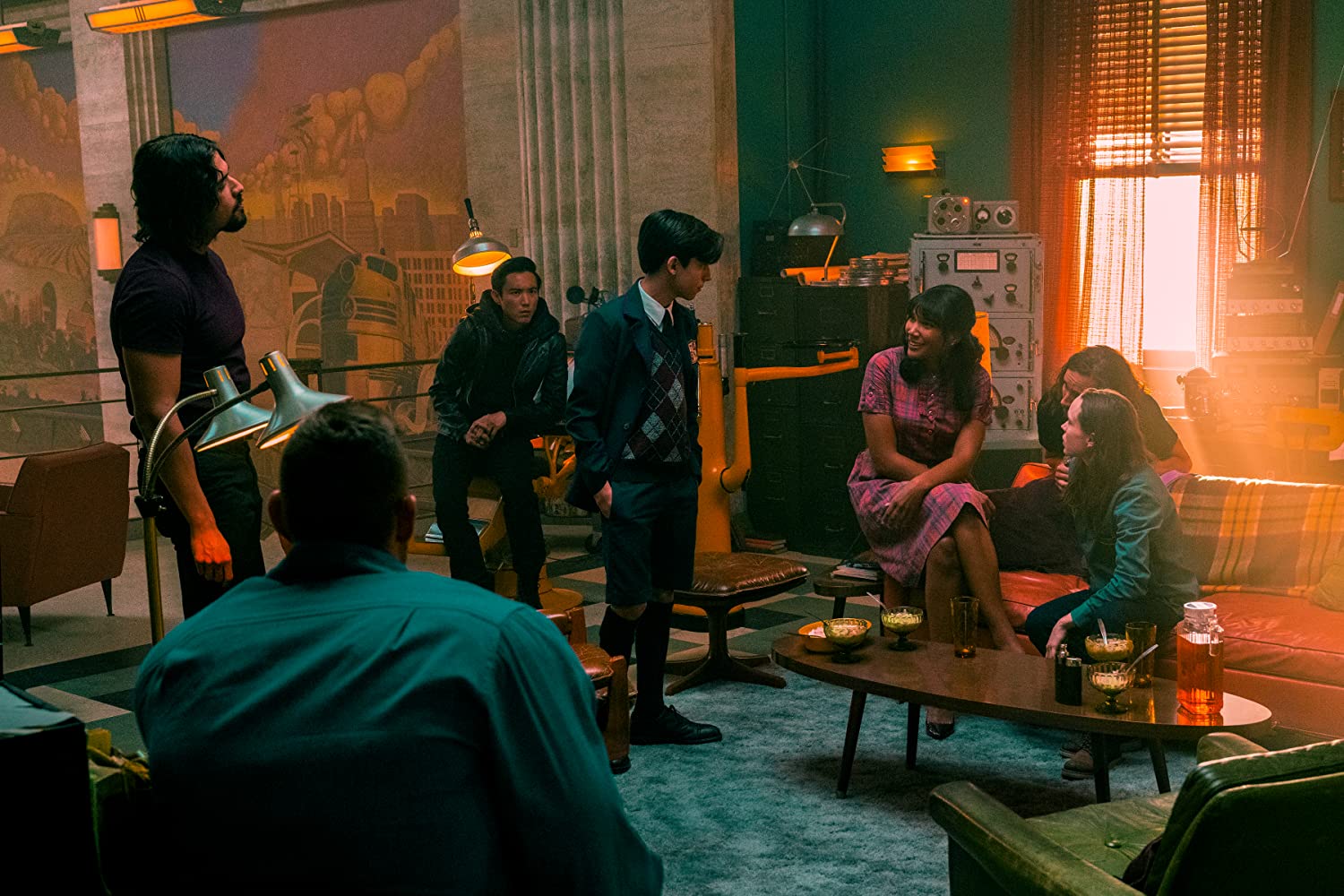
Placing the action in the 1960s is no accident and it is an eerily accurate sign of those times; with the USA and Soviets locked in a space contest and their nuclear arms race spiraling humankind towards decimation, sci-fi and political superpowers become easily interchangeable. Filled with the eye-candy of 1960s tech and pop culture as well as embroilments with figures linked to the JFK plot, this season, in the best possible way, feels more like historical fiction than comic book fantasy and has the flavour of Stranger Things (2016–) but with an older cast.
With episodes snapshotting how each sibling copes with the rewind, we don’t get to know all of the beginning until the season’s end, which makes every episode unmissable. Allison’s (Emmy Raver-Lampman) arc is perhaps the most gripping, showing her fighting for a life of normality, at stake less so from her superpower and instead from a segregated Texas and its scourges of racism.
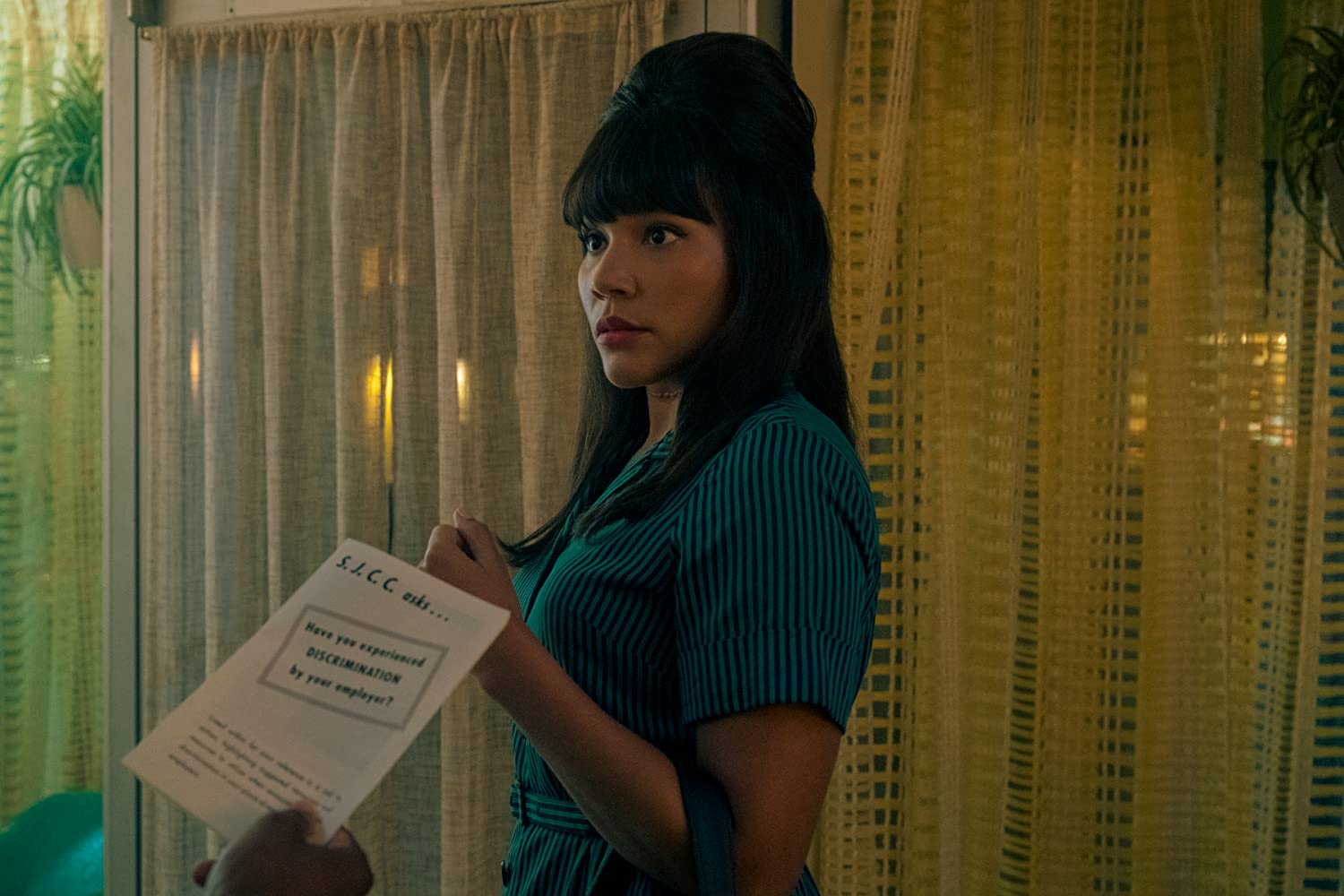
Morphing into a poster child of 1960s love-not-war counterculture, Klaus (Robert Sheehan) blooms (like his newly-acquired flower garland) in the custom-made, Klaus-shaped venture of being the ‘prophet’ of an ‘alternative spiritual community’, whilst trying to - but never quite - sell the notion that his part in it is against his will. Even their adopted father’s (Colm Feore) 1960’s orchestrations are excavated, with some being unexpected and others explaining mysterious antics from the first season.
Russian spy paranoia, misplaced memories and displaced rage, this season mixes an impressive dramatic cocktail, with a generous squeeze of absurd comedy.
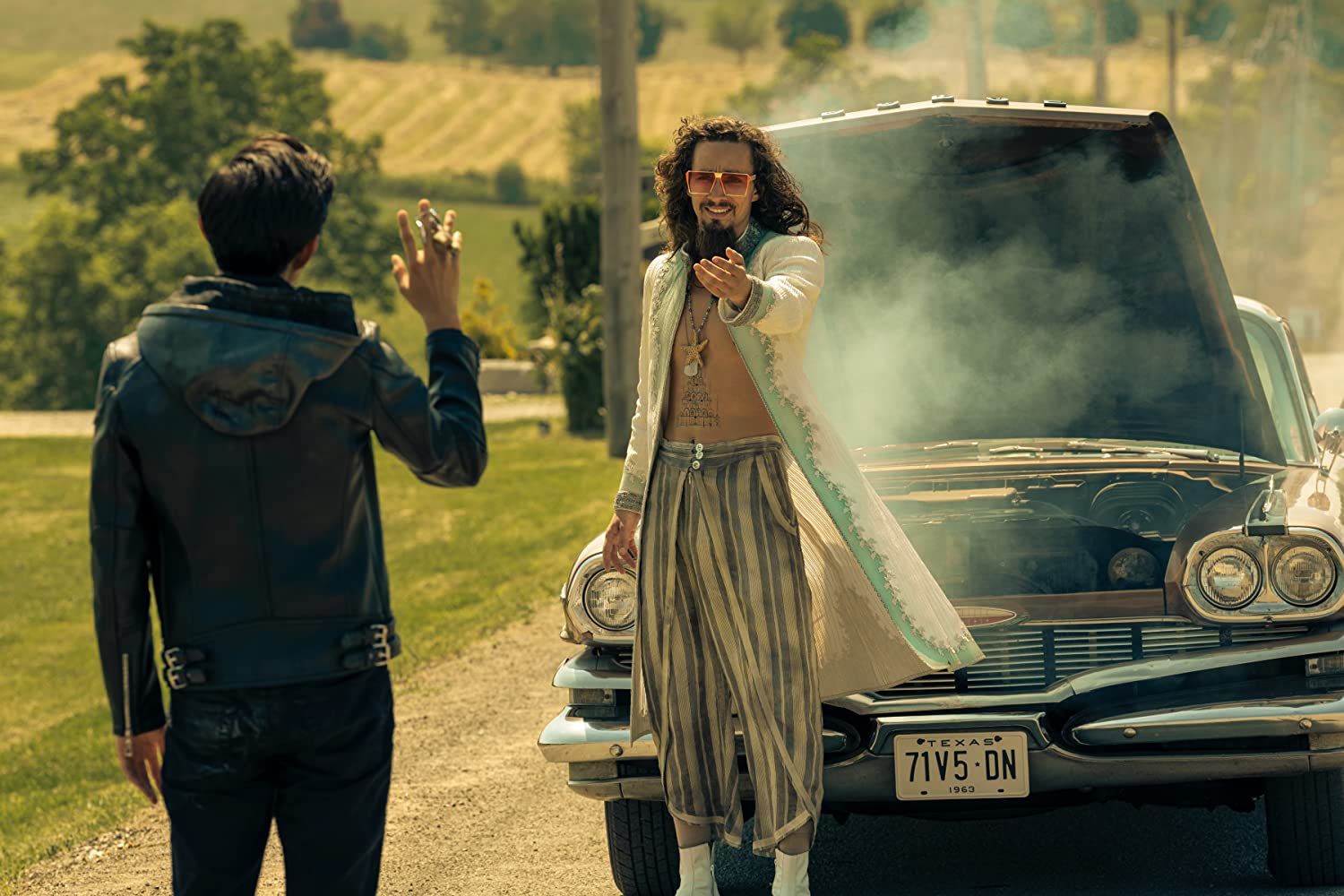
The Umbrella Academy’s bizarre, dark sense of humour doubles in quantity with this second installment. Even though this season should have a darker tone, after repeatedly being waylaid by jokes, I can say it feels oddly the opposite. This is helped by 1960s native inhabitant and innocent bystander Elliott (Kevin Rankin), the ‘muppet’ to this tragicomedy, whose sole job is to bat eyelids at glowing blue vortexes when no one else does. If it’s possible, the decade-spanning (or is it time-travelling?) soundtrack has even more personal-playlist-potential than first time around and the song choices (including Frank Sinatra, Aretha Franklin, Kiss and Backstreet Boys) that shine through the visuals are either astonishingly apt or wildly inappropriate, meaning that they are often chuckle-worthy. Really, the music deserves a review in its own right.
This season’s batch of thugs do however suffer from some localised staleness: enter walking stereotypes ‘The Swedes’. The sheer number of Swedish-motivated jabs and simply the question of why, causes the joke to fall flat rather quickly (‘IKEA mafia’, really?), but admittedly I wouldn’t have had the preposterous scene of a Viking ceremony any other way.
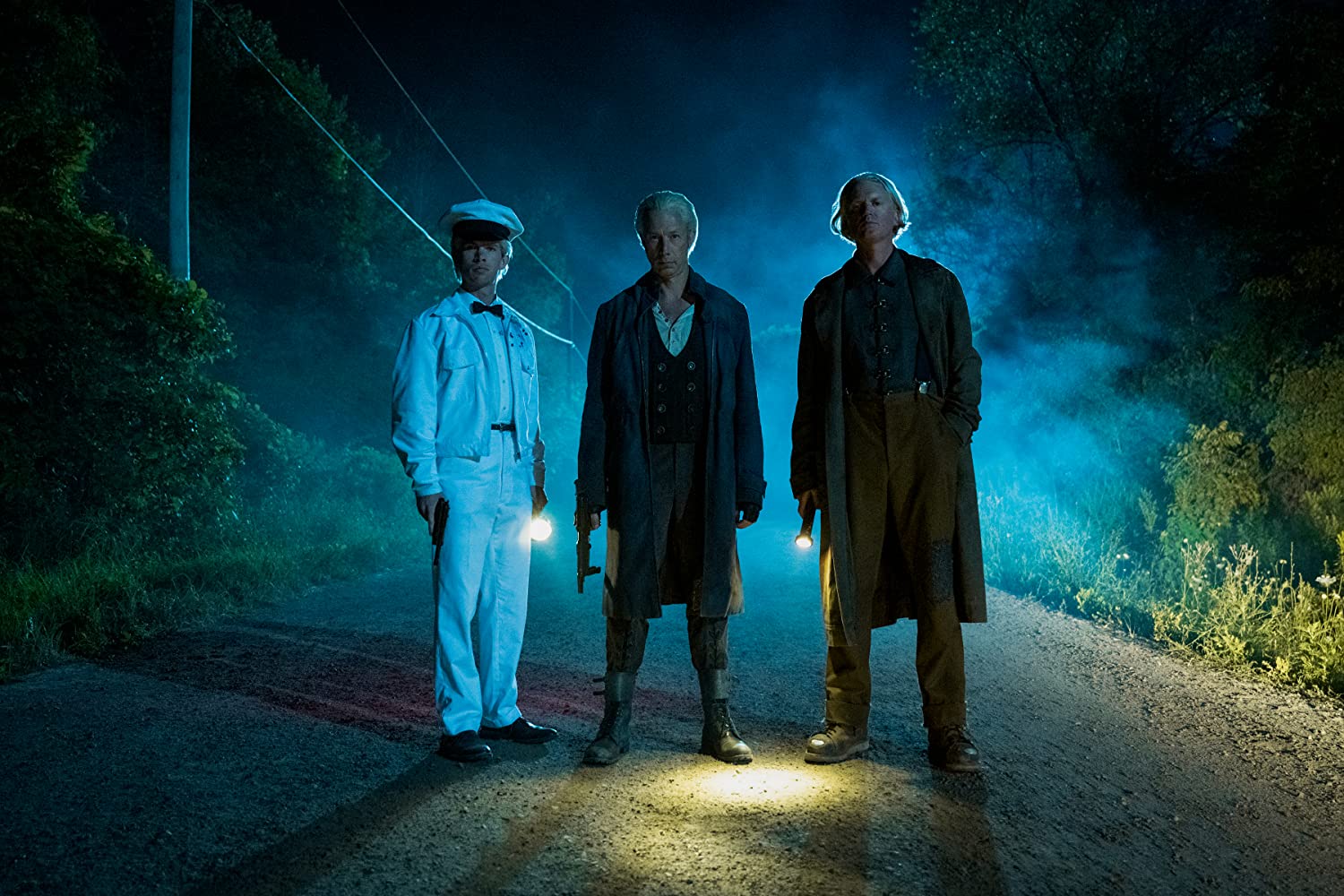
The show’s creators have achieved the golden ratio of eye-popping twists and pacing, meaning that it never drags and also succeeds at having (especially sibling) interactions that stand out as being both hilariously self-aware and realistic - although the show has a tendency to having ‘spontaneous’ dance scenes which are too choreographed to not be distracting. This season’s time-travel does involve some clichéd scenarios and confusingly inconsistent repercussions, but it’s far from being a main focus. Somehow, with the action placed deep in the past, the writers have made it feel like more is at stake than previously - the bar is now raised ever higher for its rumoured third season.
Featured: Christos Kalohoridis / 2020 Netflix, Inc.
Does Season 2 of The Umbrella Academy live up to the hype? Let us know!

